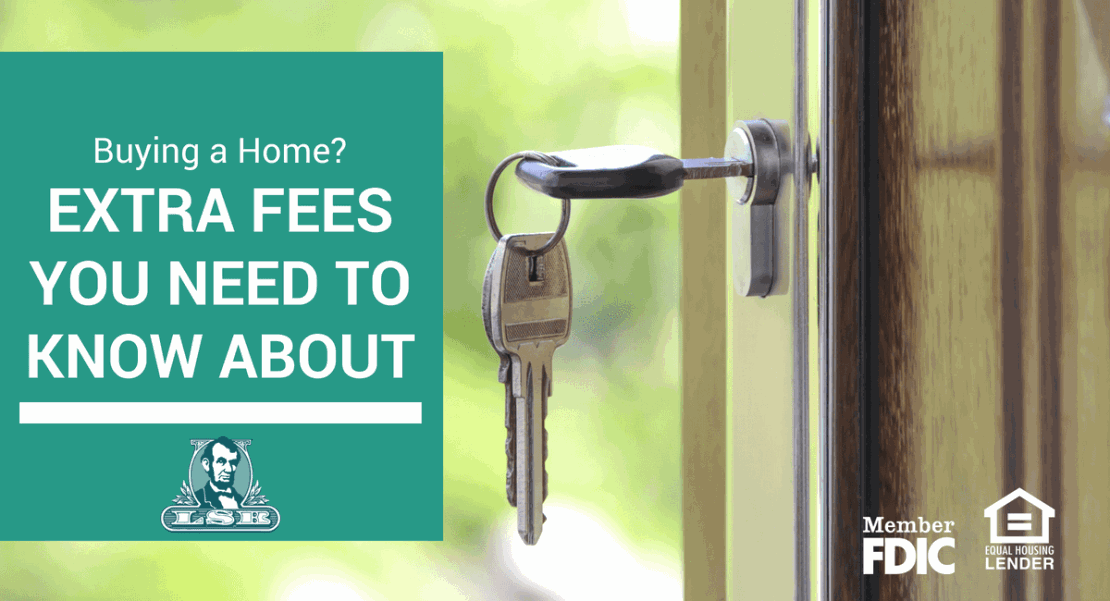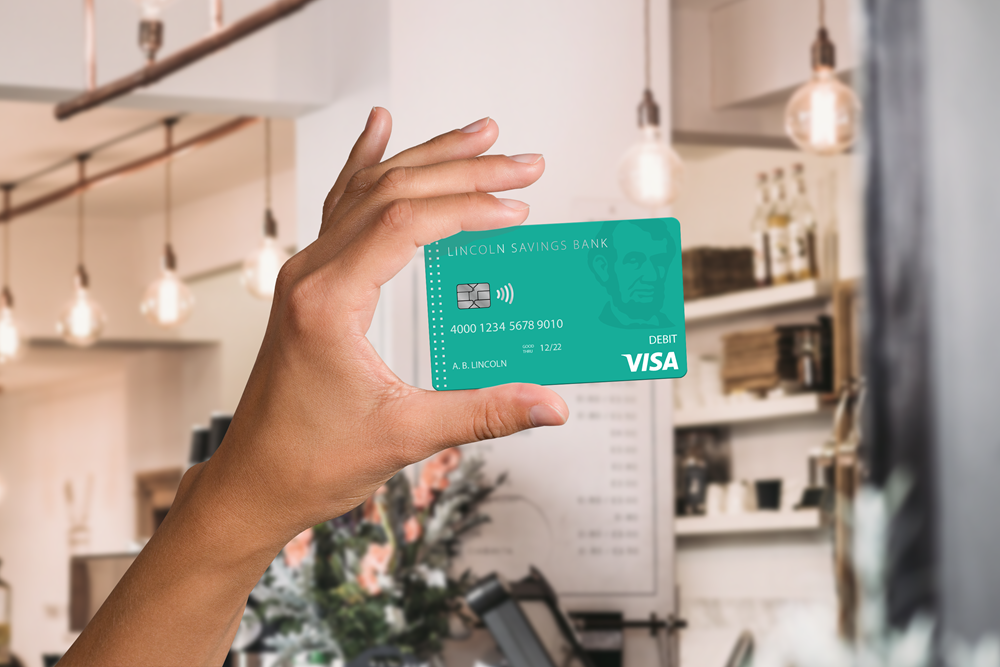
So, you’ve found a property that you want to buy, what next?
It’s no secret that buying a home is expensive, but there is more than just the purchase price to pay for. There are many fees that may come unexpected to a new buyer. These fees might need to be paid upfront, or might be included in your closing costs. Learning about your expectations as a buyer can help you be more prepared and stay excited for the journey of being a homeowner.
1. Credit Report Fees
In order to secure a loan, the lender will require a verified credit report. This fee is small, around $25, and will be required by the lender when the report is complete, or can be added into your closing cost total.
2. Appraisal Fees
Your lender will need an appraisal so that a current fair market value for your home can be established for tax purposes, and to determine if the home is worth the amount you want to borrow. It can confirm or deny that the price requested for the home is accurate, and primarily based on comparable sales of homes nearby. The appraisal can serve as a source of unbiased information for the lender. This is one fee you'll pay to the lender up front before the appraisal can take place.
3. Down Payment
Your down payment is basically saying, “Yes, I will buy the house, but I only have this much right now.” The payment, which is usually 20 percent of the home’s total cost, is made directly in cash from money you have saved.
4. Private Mortgage Insurance
You may be required to purchase Private Mortgage Insurance if you're putting less than 20 percent down on a home. Private mortgage insurance, or PMI, protects lenders against loss if a borrower defaults. PMI can only last for a certain length of time. Once your loan-to-value ratio reaches 80 percent, you can notify your lender that it is time to discontinue your private mortgage insurance.
5. Homeowner’s Insurance
When borrowing money to purchase a home, homeowners insurance is a requirement you can't skip out on. A homeowner's insurance policy combines personal liability insurance and hazard insurance to cover a physical structure and its contents. In many cases, this means buying a policy before closing on the home. You'll have to pay the first year's premiums to your insurance company to show that you have insurance in place before you close. After that, you can escrow the annual premiums into your mortgage payment.
6. Inspection
An appraisal only evaluates the value of the home, an inspection will determine the condition and any improvements that should be made. While not generally required for a brand new home, the purchase of an used home should require a professional inspection looking for defect in the building’s structure, systems, and physical components. This cost can vary by location, and the usually runs between $200 and $500, and can save you from big projects later. If problems are found with the condition of the house you can negotiate to have the seller pay for repairs or perhaps lower the purchase price.
Closing Costs
7. Title Insurance
Title Insurance is designed to protect the lender in case an issue arises with the title to the home you're buying. You're usually required to buy your lender's title insurance, which is rolled into your closing costs or financed into the loan, but it is often negotiated. This usually costs less than 1 percent of the purchase price of the home.
8. Survey Fee
The drawing of the boundaries of a property is called a survey. If an existing survey is not available, then a new survey will have to be drawn in order to determine the exact legal borderlines of a property.
9. Escrow Fees
During the closing process, an escrow account will usually hold your money while you, the buyer, and your seller finalize the agreement. Escrow is not accessible by either party until a contract is either agreed upon or terminated. In addition, if you’re purchasing a new home, you may have funds held in escrow until all work is finished and you have signed off on it. Your lender may also hold funds in escrow to make payments for your homeowners insurance and property taxes, and can collect those monthly along with your loan payment.
10. Origination Fees
An origination fee is paid to the bank or lender for their services in creating the loan. This upfront fee is charged for processing a new loan application and are generally between 0.5 and 1 percent of the total cost of the loan. Like escrow payments for insurance or property taxes, these additions can increase your monthly mortgage payment.
11. Document Preparation Fees
The lender, broker, or closing attorney will usually have a fee to cover the preparation of the required documents for the loan and closing paperwork. These can be covered by the buyer or seller and are usually included in the closing costs as well.
12. Property Taxes
Since property taxes are usually paid twice a year, it is likely that your purchase date will fall in the middle of one of these 6 month periods. This means that you, as the buyer, will have to reimburse the seller for the length of time they already paid for, but will no longer be living on the property.
13. State Recording Fees
Depending on where you live, there may be a fee required for registering or recording a real estate purchase or sale, so that it becomes a matter of public record. The fee may vary by county or on the type and complexity of the sale. It can be charged by size of the document, and changes within the county over time.
Lincoln Savings Bank, Equal Housing Lender

